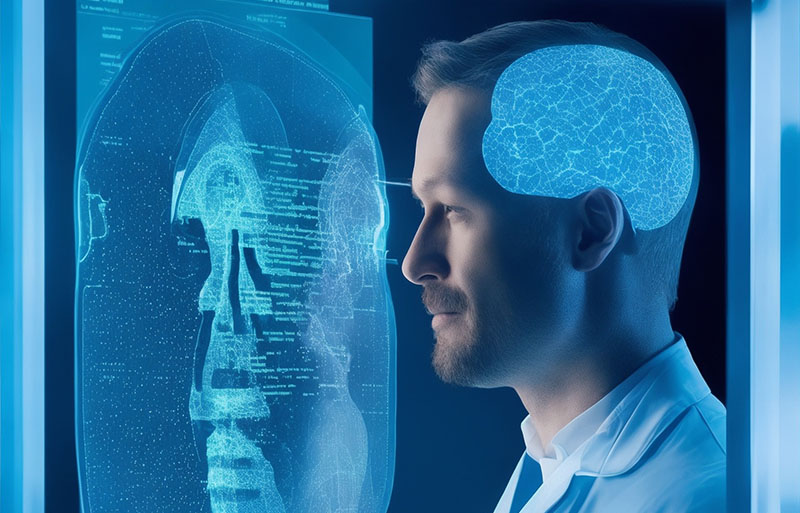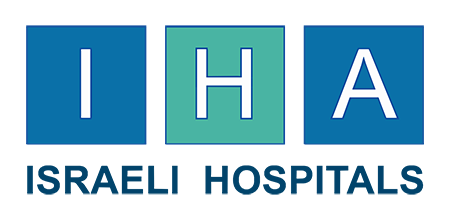Artificial Intelligence Prioritizes Patients Using Head CT Scans, Reducing Mortality by 30%
Thousands of patients diagnosed with cerebral hemorrhage have received treatment at Sheba Medical Center. Recent patients, however, have been leaving the hospital in notably better condition. The marked improvement? An advanced AI system that prioritizes patients by analyzing head CT scans, which has contributed to a 30% decrease in mortality.
For years, the potential of artificial intelligence (AI) in healthcare has sparked widespread interest, but often the technology didn't fully meet its lofty expectations. However, an increasing number of studies suggest that in radiology, AI is not only meeting expectations but exceeding them.
Just how transformative could AI be in radiology? A recent study at Sheba Medical Center demonstrated AI's substantial impact: it not only enhances workflow but also drastically reduces patient mortality and disability.
Published last month in the International Journal of Emergency Medicine, the study was spearheaded by Dr. Dimitri Kutovich of the Faculty of Medicine at the Hebrew University. The research was conducted under the leadership of Dr. David Orion, a neurologist and brain catheterization specialist at Sheba Medical Center, where he oversees the stroke and neurovascular disease department.
Although not explicitly mentioned in the study, the technology system utilized by Sheba is developed by AIDOC, an Israeli startup established seven years ago. With a fundraising record of roughly $250 million, AIDOC's innovation focuses on prioritizing imaging tests (currently limited to CT and X-ray) with positive results. Their solution has been adopted by over 1,000 hospitals and health organizations globally, including renowned institutions like Mt. Sinai and the Mayo Clinic in the USA, Basel University Hospital in Europe, and several facilities in Israel such as Sheba, Ichilov, Hadassah, and Assuta.
Reflecting on the AI's integration, a representative noted, "I knew it was a game-changer for our future. Initially, we trained the AI, providing feedback and guidance. But as time progressed, its accuracy and reliability became evident."




